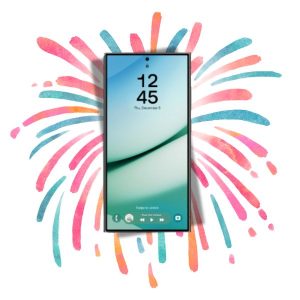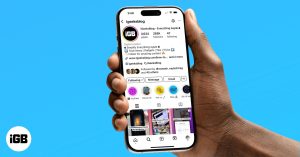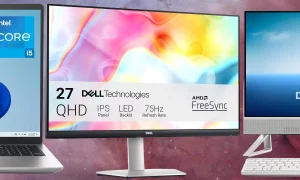Quiptalk reveals what friends are saying before they say it

Quiptalk is a social networking app for communicating with friends in topical chat rooms. Its spotlight feature is live typing which shows other users your message as you type it, eliminating the need to wait for someone to tap “Send” before you get to see the message. Additionally, Quiptalk boasts that the app doesn’t store any conversation history, so it’s easy to hop on and send some private thoughts without having to clear the log later on. The iPhone app is free and demands iOS 7.1 or newer.
Unlike many other chat rooms, Quiptalk is not interested in hooking you up to talk with strangers online. The upside is that the app is only useful for people you already know and have a desire to chat with. The downside, however, is that the app is only useful for people you already know and have a desire to chat with. No need to blink, I’ll explain. Basically, while Quiptalk is great for connecting with friends in somewhat of an atypical fashion, it does require that your friends are actually using it.
When I downloaded Quiptalk, no one in my contacts had the app already, so it suggested I send out some invites. If no fish latch on to your hook, the app is useless. As always with these types of app, the critical hassle is making that magical leap from being unknown to known.
The beginning process was a bit confusing. I entered in a username to identify with, then I had to choose a name for my “quip,” (read: chat room.) The example was “monsters” so I went with that. When I sent out the invitation for someone to join my quip, it only signs the person up for the app and didn’t enter them in my room. I resent the invitation and once both parties already had accounts, it worked.
Then I started typing to monitor if it was truly live. Unfortunately, the typing lagged significantly from my screen and the receiving end. When I typed one word it did appear almost instantly, but as I started to type at normal speed, it took over 10 seconds to appear on the other phone. That’s not live in my book.
Where Quiptalk does earn points is delivering on the promise to not store conversation history. In fact, as soon as everyone leaves a quip it asks you if you want to close the room, which makes sense unless you like talking to yourself. When you do this, it along with the messages within it vanish forever.
The biggest problem with Quiptalk is just the lack of necessity. I don’t see why anyone would really need or even want to read messages before they’re sent. It’s like asking someone in person what they’re about to say before they say it. Furthermore, the requirement to create topics or at its core, group names, for the conversations just add to the perplexity. A neat idea in theory, Quiptalk falls short on the execution. It’s free for iPhone in the App Store.













